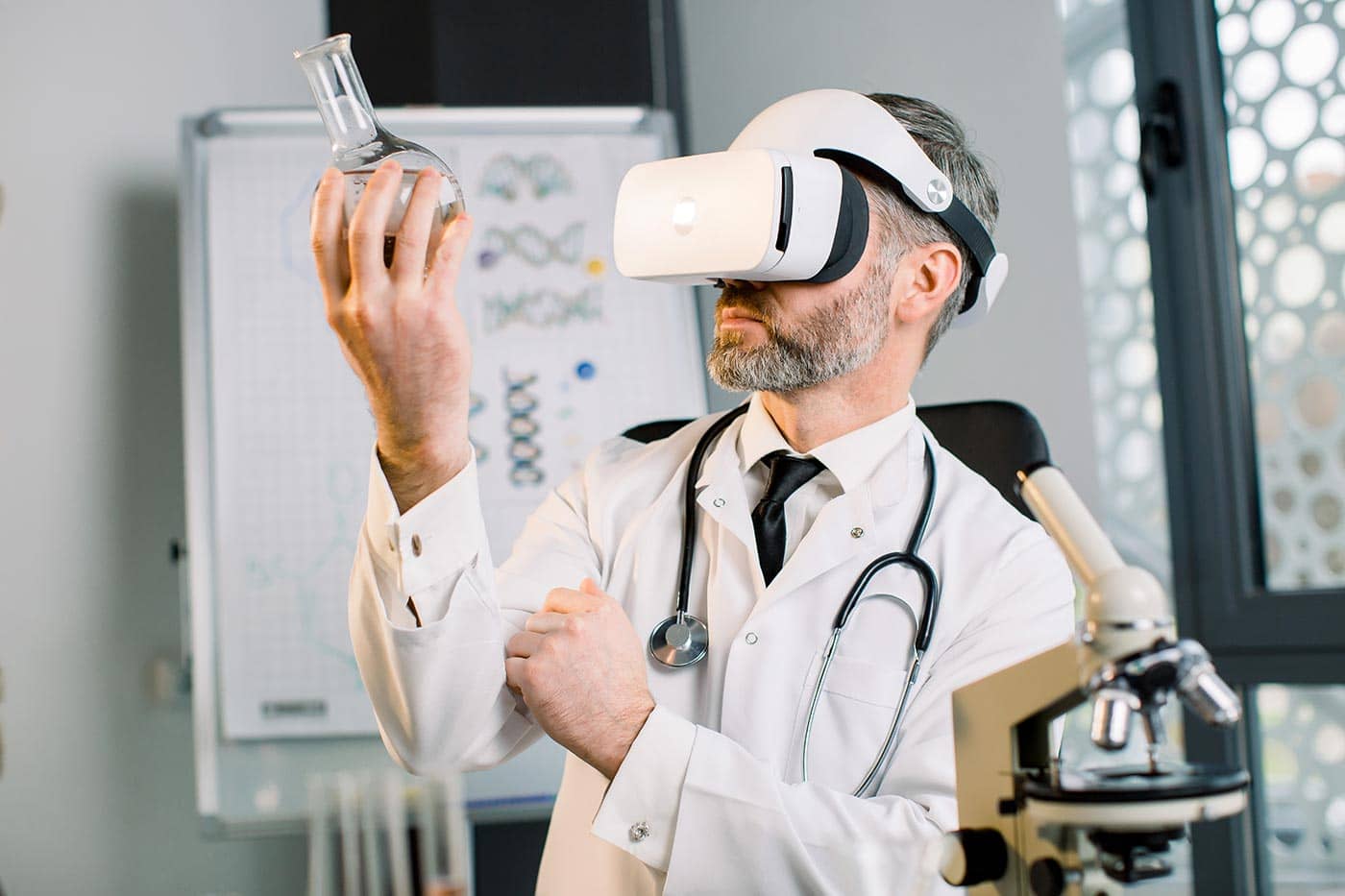Neuroimaging has been a crucial tool in the medical field, providing us with a window into the complexities of the human brain. One of the pressing challenges in healthcare has been the early detection of brain injuries, and recent innovations in neuroimaging have shown promising strides in addressing this concern. Let’s embark on a journey through the landscape of neuroimaging, exploring the techniques employed to identify brain injuries and delving into the latest advancements that are reshaping the way we approach traumatic brain injuries.
Unveiling the Intricacies: What is an Imaging Technique Used to Identify Brain Injuries?
Imagine the brain as a vast, mysterious universe, and neuroimaging as the telescope allowing us to peer into its depths. These imaging techniques play a pivotal role in the identification and understanding of brain injuries. The most common methods include computed tomography (CT) scans and magnetic resonance imaging (MRI). These traditional techniques have been instrumental in diagnosing structural abnormalities and detecting the aftermath of traumatic events within the brain.
In recent years, however, the spotlight has shifted towards more advanced and nuanced approaches. Positron emission tomography (PET) and functional MRI (fMRI) have taken centre stage, offering insights into not just the structure but also the functioning of the brain. These innovations have elevated our ability to detect subtle changes that might escape the notice of conventional imaging methods.
The Cutting Edge: Latest Advancements in Imaging Techniques for Traumatic Brain Injury
PET Scans: Illuminating the Functional Dynamics
Positron emission tomography (PET) scans have emerged as a beacon of innovation in neuroimaging for brain injuries. Unlike traditional scans that focus solely on structure, PET scans delve into the metabolic activity of the brain. By injecting a small amount of radioactive material, PET scans highlight areas with increased metabolic activity, aiding in the identification of regions affected by trauma.
Recent advancements in PET technology have enhanced both the resolution and sensitivity of these scans. This means clinicians can now pinpoint even subtle alterations in metabolic patterns associated with early-stage brain injuries. The ability to detect changes at this level opens doors to early intervention and a more precise understanding of the evolving nature of brain injuries.
Functional MRI (fMRI): Capturing the Symphony of Brain Activity
Functional MRI (fMRI) takes us beyond static images and provides a dynamic view of the brain in action. This innovation measures blood flow changes, offering insights into the functional activity associated with brain injuries. The brain, akin to a bustling city, has different regions responsible for various functions. fMRI allows us to witness this symphony of activity, helping identify abnormalities that might signify early-stage injuries.
Recent strides in fMRI technology include advancements in real-time imaging and increased spatial resolution. In the context of brain injuries, this translates to a more nuanced understanding of how different regions are affected and how they adapt over time. The dynamic nature of fMRI adds a layer of sophistication to early detection efforts, allowing for tailored interventions based on the evolving patterns of brain activity.
Diffusion Tensor Imaging (DTI): Navigating the Neural Pathways
In our quest to detect brain injuries early, diffusion tensor imaging (DTI) emerges as a trailblazer. This technique goes beyond traditional MRI by mapping the pathways of water molecules in the brain. Why is this important? Well, the structure of neural pathways can be altered by traumatic events, and DTI provides a roadmap to these changes.
Recent advancements in DTI have focused on improving the accuracy of mapping neural pathways. This is particularly valuable in cases of mild traumatic brain injury, where conventional imaging might fall short. By tracing the intricate network of neural connections, DTI contributes to a more comprehensive understanding of the impact of injuries on the brain’s wiring. This detailed insight is instrumental in tailoring rehabilitation strategies and predicting long-term outcomes.
The Future Beckons: A Glimpse into Tomorrow’s Neuroimaging Landscape
As we stand on the precipice of medical innovation, the future of neuroimaging for early detection of brain injuries holds exciting prospects. Artificial intelligence (AI) is making its mark, revolutionising the analysis of imaging data. Machine learning algorithms, trained on vast datasets, can sift through images with unparalleled speed and accuracy, aiding clinicians in swift and precise diagnoses.
Furthermore, multimodal imaging approaches are gaining traction. Combining different imaging techniques, such as PET, fMRI, and DTI, offers a more holistic view of brain injuries. This integrated approach allows clinicians to cross-reference information from various perspectives, painting a more detailed picture of the injury’s extent and implications.
In the UK, where healthcare is at the forefront of technological integration, these innovations are being embraced to enhance patient care. The National Health Service (NHS) has been proactive in incorporating the latest advancements in neuroimaging, ensuring that patients across the country benefit from cutting-edge diagnostic tools.

Making a Serious Injury Claim with National Claims
At National Claims, we understand the significant impact that early detection of brain injuries can have on the lives of individuals. If you or a loved one has experienced a traumatic brain injury and believe it resulted from negligence or misconduct, we are here to support you. Our experienced team of legal professionals specialises in serious injury claims and is dedicated to helping you navigate the legal process.
We work closely with medical experts and leverage the latest advancements in neuroimaging to build a robust case for your claim. Our commitment to securing the compensation you deserve is unwavering, and we strive to make the claims process as seamless as possible during what can be a challenging time.
To initiate a serious injury claim with National Claims, reach out to our team today. We are here to listen, understand, and advocate for your rights, ensuring that you receive the support and compensation necessary for your recovery.
Conclusion: Navigating the Frontiers of Brain Health
In the ever-evolving landscape of medical science, innovations in neuroimaging for early detection of brain injuries stand as a testament to human ingenuity. From the foundational CT scans and MRIs to the intricate world of PET, fMRI, and DTI, each advancement adds a layer of sophistication to our understanding of the brain’s intricacies.
As we peer into the future, guided by the promise of AI and multi-modal approaches, the ability to detect brain injuries at their earliest stages brings hope for improved outcomes and quality of life. In the UK, where healthcare is synonymous with innovation, these advancements are not just theoretical concepts but practical tools employed in the pursuit of better patient care.
In conclusion, the journey through neuroimaging innovations is a testament to our ceaseless quest for knowledge and improvement. The strides we’ve made, and those we continue to make, echo a fundamental truth – that in understanding the complexities of the brain, we unlock the potential for early detection, intervention, and ultimately, a brighter future for those affected by brain injuries.
Find out more about starting your claim by contacting us and speak to one of our claims specialists today.
Click below to see why we are one of the most trusted claims management companies in the UK.

We’re proud of our excellent customer reviews
We thrive on delivering exceptional service and ensuring our clients’ satisfaction. Don’t just take our word for it. Check out some of our independent reviews to see what our clients have to say.
Excellent

This firm is excellent, they sorted out my car pay out and injury claim very fast, they always communicate with you all the time.

My accident case was dealt with confidence and with great result of the outcome, especially James kept me informed all the time.

I was very impressed at the way my inquiry was treated. I was listened to attentively and everything I needed to know was explained to me.






